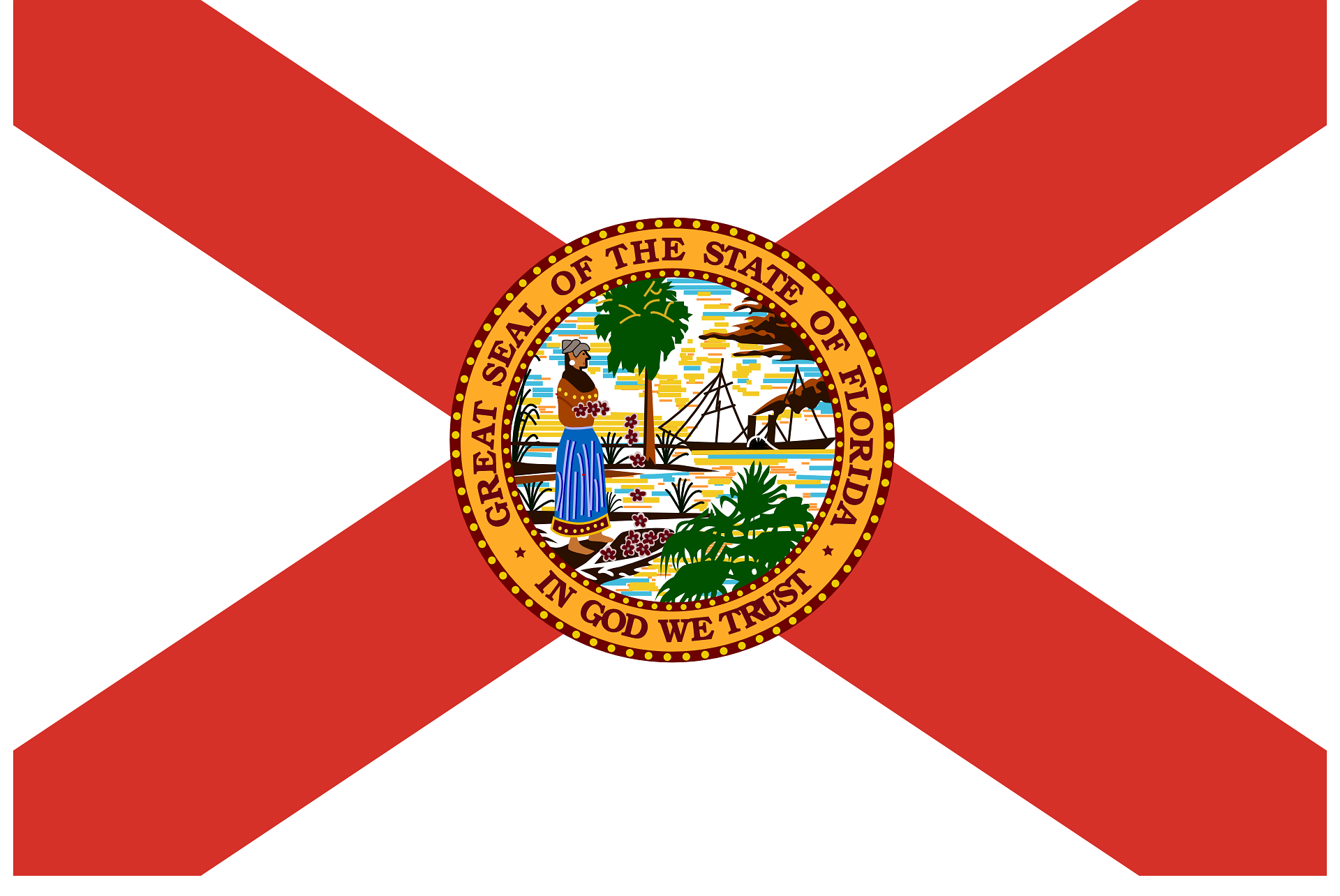Florida had previously authorized the Department of Highway Safety and Motor Vehicles to develop a mobile driver’s license and identification card and it had done so. House Bill 1313 now requires the implementation of these electronic credentials. The technology behind these mobile IDs is robust. In other states with similar implementations, the individual must download an app issued by the vendor contracting with the Department from the Apple App Store or from the Google Play Store that resides on their phone.


